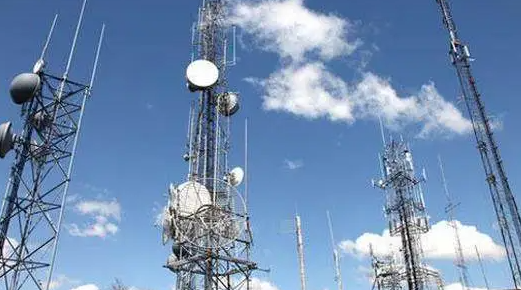What is a gateway?
When we use the Internet, we may often hear the word gateway. But what is a gateway? In this article, we’ll take a closer look at the definition, role, and types of gateways.
First, a gateway is a device that connects two or more networks. It plays the role of a middleman in the network, allowing different networks to communicate with each other and exchange data. A gateway can be a hardware device, such as a router, switch, or firewall, or a software program, such as a proxy server or gateway router.
Secondly, the main function of a gateway is to connect two or more different networks to achieve data transmission and communication between different networks. For example, when we are connected to the Internet at home, our router is the gateway that connects the communication between our LAN and the Internet. Similarly, in an enterprise’s internal network, gateways also play an important role, connecting different departments or branches to achieve data sharing and communication.
Finally, there are various types of gateways. According to their different functions and locations, they can be divided into the following types:
Application gateway: This kind of gateway works on the application layer of the network and is responsible for data exchange and conversion between different applications, such as proxy servers, gateway routers, etc.
Transport gateway: This kind of gateway works on the transport layer of the network and is responsible for converting different transport protocols, such as gateway routers, repeaters, etc.
Network Gateway: This type of gateway works on the network layer of the network and is responsible for connecting different networks such as routers, gateway routers, etc.
Generally speaking, a gateway is a device or program that connects different networks. It can help achieve data transmission and communication between different networks. Different types of gateways can achieve different functions, and choosing the right gateway is very important for network performance and security.
What is the function of gateway
When we use the network, the gateway is a very important device or program. It can connect and communicate between different networks. In this article, we’ll take a closer look at the role of a gateway and why it’s so important in your network.
First of all, the main function of the gateway is to realize data transmission and communication between different networks. For example, in a home network, a gateway is usually a router that connects the local network with the Internet. This allows users to access remote servers or other Internet services over the Internet and communicate with other users.

Secondly, gateways can also help network administrators control network traffic and protect the network from security threats. For example, in a corporate network, a gateway can act as a firewall, controlling network traffic and preventing unauthorized access. It can also connect external networks to internal networks for secure remote access by using technologies such as virtual private networks (VPNs).
In addition, the gateway can also implement protocol conversion and data format conversion, which is very important for communication between different networks. For example, a gateway can convert the transport protocol from TCP/IP to AppleTalk or NetBEUI, which allows communication and data sharing between different operating systems.
Finally, gateways can also provide other services, such as proxies and caching. Proxies can help users access restricted content or services, and caching can speed up network access and reduce bandwidth usage. These services can be provided through gateways to improve network performance and user experience.
In short, a gateway is a very important network device or program that enables data transmission and communication between different networks. It can also control network traffic, protect network security, implement protocol and data format conversion, and provide other services. Choosing the appropriate gateway is important to the performance and security of your network.